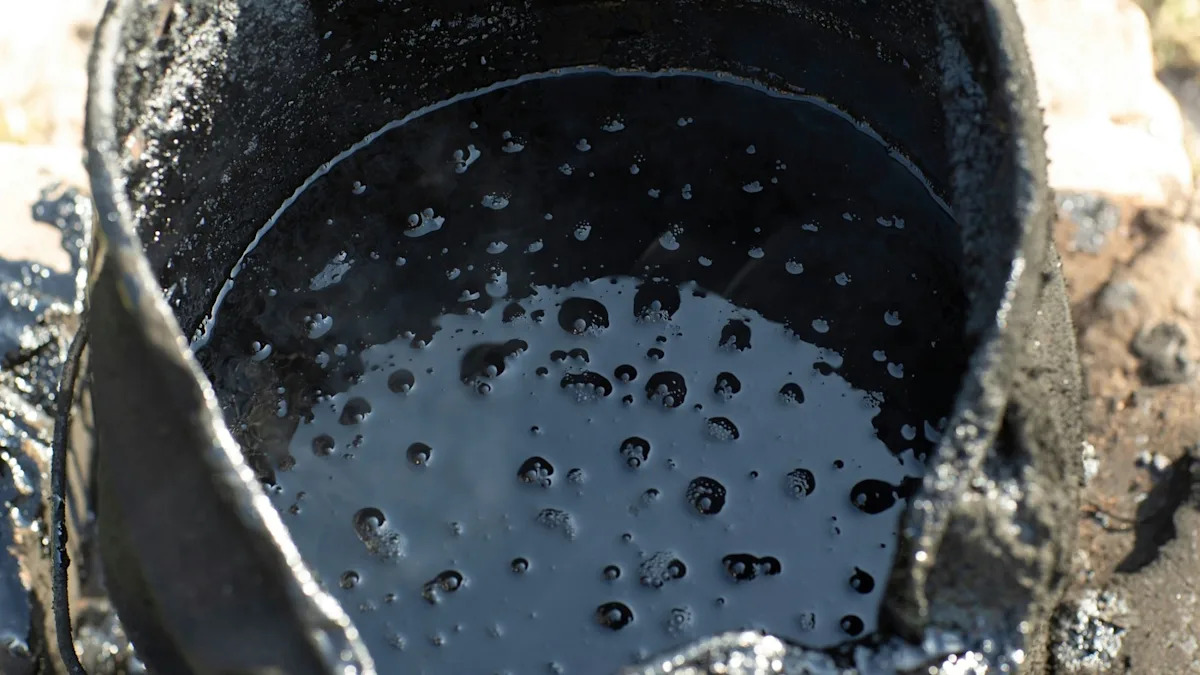Bio-tar and biochar may sound similar, but the first is a toxic byproduct and the second is a next-generation fertilizer.
In a groundbreaking study, a team of researchers developed a way to turn that tar into char, according to Interesting Engineering.
While bio-tar is harmful, it comes from a good place. Burning biomass fuels, such as wood or crop waste, makes cleaner energy than oil, gas, or coal.
Yet as Interesting Engineering explained, that process is not perfect. After these materials are heated up, bio-tar is left over. It makes a sticky mess that can damage equipment and even pollute the air if it isn’t handled properly.
In a fresh attempt at solving this issue, researchers at the Chinese Academy of Agricultural Sciences examined the chemical reactions that take place within bio-tar. They found that the core compounds needed to make a more stable carbon product like biochar were already present.
After experimenting with temperature, timing, and additives, the team was able to turn bio-tar into a refined form of biochar that they call bio-carbon. Bio-carbon could play a valuable role in a number of industries, including pollution cleanups, battery storage devices, and chemical manufacturing. It could act as another fuel source that’s cleaner than coal as well, per Interesting Engineering.
Most of all, the new method would help take care of bio-tar waste, which is one of biomass energy’s biggest drawbacks. Plus, biomass plants would get to turn a profit on the bio-carbon product. That all adds up to a win for the transition away from fuels that overheat the planet.
In order to get those benefits, more work on the new tar-to-char process is needed.
As Interesting Engineering reported, the chemistry is tricky to control, which makes large-scale commercialization difficult for now. Early studies, however, point to the real financial and environmental benefits that are possible from producing and applying bio-carbon.
The team recommended further studies use simulations and machine learning to continue refining the process.
“Our review … opens the door to producing advanced carbon materials with high economic value,” said senior author Dr. Zonglu Yao, per the outlet.
“Bio-tar polymerization is not just about waste treatment,” added author Yuxuan Sun. “It represents a new frontier for creating sustainable carbon materials.”
Join our free newsletter for weekly updates on the latest innovations improving our lives and shaping our future, and don’t miss this cool list of easy ways to help yourself while helping the planet.

